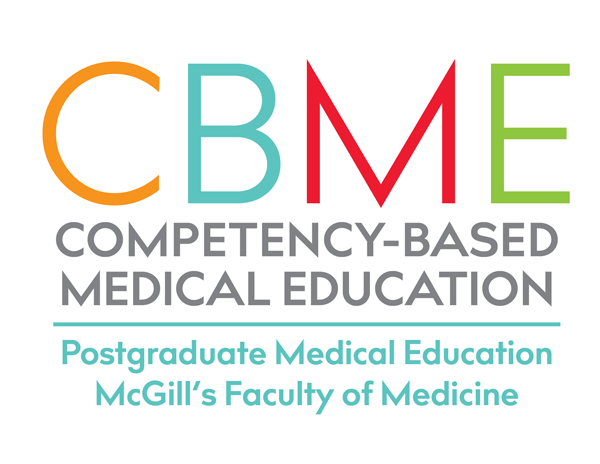Principles of Curriculum Construction
Foundation of Curriculum Principles
Curriculum construction relies on fundamental principles that guide its development. These include comprehensiveness, alignment with educational goals, relevance to learner needs, and adaptability to diverse learning styles.
Holistic Approach
A well-constructed curriculum integrates various principles, such as relevance, coherence, flexibility, and balance between breadth and depth of content. It aims to cater to the holistic development of learners.
Adaptive Design
Principles like flexibility and adaptability ensure that curricula can evolve with changing educational landscapes, societal needs, and technological advancements, aligning with the evolving demands of education.
Core Curriculum
Definition and Essence
The core curriculum constitutes the essential subjects or learning areas deemed crucial for all students. It forms the foundational knowledge base that students are expected to acquire during their educational journey.
Key Subjects and Learning Areas
Core curriculum typically includes subjects like language arts, mathematics, science, social studies, and often incorporates aspects of physical education and arts. These subjects form the backbone of educational systems.
Purpose and Universality
The core curriculum ensures that all students receive a common set of essential knowledge and skills irrespective of their academic pursuits, providing a standardized foundation for learning.
NCF – National Curriculum Framework
Overview of NCF
The National Curriculum Framework (NCF) outlines the educational philosophy, principles, and guidelines for curriculum development at the national level. It sets the direction for educational reforms and pedagogical practices.
Impact on Educational Policies
NCF provides a framework for developing curriculum guidelines, textbooks, assessments, and teacher training programs. It influences educational policies, aligning educational practices with broader educational goals.
Inclusive and Contextual Learning
NCF emphasizes inclusive education, contextual relevance, and a child-centric approach. It promotes holistic development, critical thinking, and creative expression among learners.
CBME – Competency-Based Medical Education Curriculum

Understanding CBME
CBME is a curriculum framework in medical education that focuses on developing competencies and skills essential for medical practice. It emphasizes outcome-based learning and performance assessments.
Competency-Centric Approach
CBME shifts the focus from mere content delivery to developing specific competencies and skills required in medical practice. It involves defining learning outcomes and designing assessments aligned with these outcomes.
Adaptability and Individualized Learning
CBME allows for flexibility, catering to individual learning needs and pace. It promotes self-directed learning, reflective practice, and continuous feedback to enhance competency development.
Importance of Curriculum
Foundational Role in Education
Curriculum forms the backbone of education, shaping what students learn, how they learn, and the skills they acquire. It provides a structured framework for educational experiences.
Impacts Learning Outcomes
An effectively designed curriculum influences learning outcomes, knowledge acquisition, skill development, and overall academic success. It guides educators in delivering quality education aligned with goals.
Relevance to Societal Needs
A relevant curriculum reflects societal needs, prepares learners for future challenges, fosters critical thinking, and equips them with skills necessary for personal and societal well-being.
Conclusion
From principles guiding curriculum construction to understanding the significance of a core curriculum, delving into the role of NCF in shaping national educational frameworks, exploring the transformative impact of CBME in medical education, and acknowledging the pivotal importance of a well-designed curriculum in education, these insights offer a comprehensive overview of the fundamental aspects and significance of curriculum construction and implementation in educational systems.
